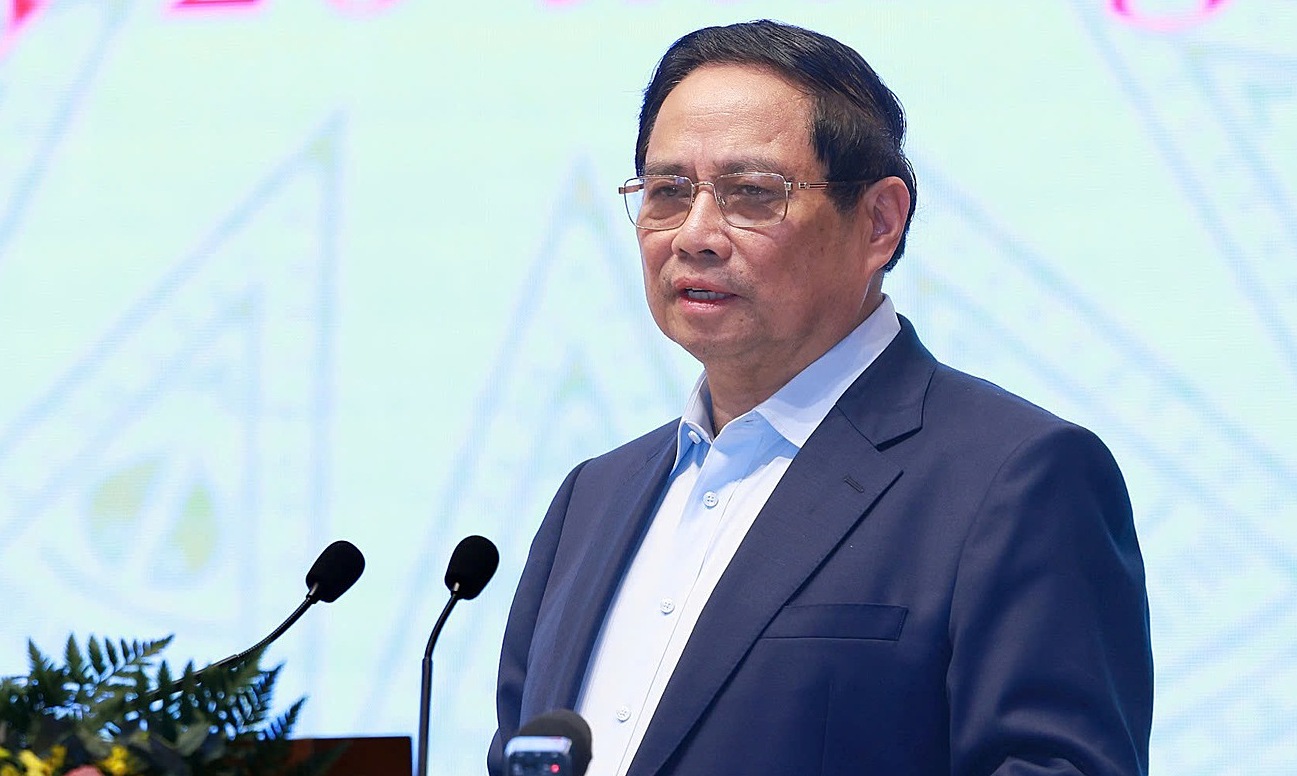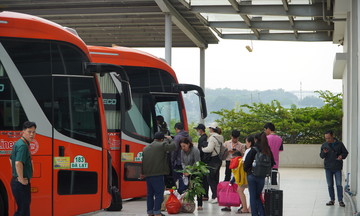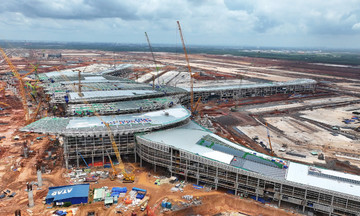At a meeting on 20/7 of the government's steering committee for science, technology development, innovation, and digital transformation, prime minister Pham Minh Chinh tasked the ministry of home affairs with developing criteria, management regulations, working regimes, incentives, and recruitment processes for chief engineers and chief architects to implement strategic systems and breakthrough initiatives. This task needs to be presented to the prime minister in July.
The ministry of home affairs is also tasked with issuing mechanisms and policies to attract human resources and talent in science, technology, innovation, and digital transformation, both domestically and internationally.
The ministry of education and training will develop and submit a strategic framework for higher education and a project to rearrange the system of research institutes within universities and universities within research institutes, to be completed in Quarter III/2025.
The prime minister requested each ministry and local authority to select a chief information technology engineer and a chief business engineer, in coordination with the ministry of public security, the ministry of science and technology, and technology enterprises, to build the digital transformation architecture and strategy for their respective sectors.
 |
Prime minister Pham Minh Chinh. Photo: Nhat Bac |
Prime minister Pham Minh Chinh. Photo: Nhat Bac
Agencies must "walk the talk, produce tangible results, create clear changes in reality, see things through to completion, deliver products, and put an end to unfinished projects," he said.
The prime minister assigned the ministry of science and technology to develop, amend, and supplement the law on digital transformation, the intellectual property law (amended), the high-tech law (amended), and the technology transfer law (amended).
Simultaneously, the ministry will amend decree 82/2024, which regulates the management of IT application investments using state budget capital, ensuring quick and convenient investment procedures. They will also propose a mechanism to encourage the establishment of start-up businesses to deploy research products from research institutes and universities, and implement the talent attraction strategy to 2030, with a vision to 2050, to be completed in 9/2025.
The ministry of science and technology will preside over and coordinate with the ministry of finance, the ministry of industry and trade, and other ministries, sectors, localities, corporations, and groups to continue deploying digital infrastructure and nationwide 5G coverage, linked with promoting the deployment of satellite internet. The prime minister demanded urgent solutions for areas with weak network signals and lack of electricity.
The prime minister assigned the ministry of public security to develop and promulgate the "national master data architecture," the "data governance and management framework," and the "data dictionary." They will also urge ministries and sectors to develop detailed plans to implement 116 national databases and specialized databases.
At the same time, the ministry of public security is to complete 40 of 61 utilities on the VNeID platform to serve economic development and social management. The ministry will implement the connection of prescriptions from hospitals to the medical data coordination system and pharmacies to integrate synchronously on VNeID. This will allow people to access their prescription data and receive medicine at home, piloted from August and officially launched in September.
The prime minister assigned the ministry of public security to develop a citizen data cloud integrated on the VNeID platform (upgraded to level 3) to create a unified digital platform for people to carry out online administrative procedures conveniently, securely, and efficiently, promoting modern and civilized social management.
The ministry of construction will preside over and coordinate with the ministry of science and technology and six centrally-run cities to develop and approve the smart city project in 7/2025 and implement it immediately in 2025.
The ministry of finance will report to the prime minister on the proportion of the digital economy's added value in the GDP. The ministry of science and technology will advise the government on directing solutions to achieve a digital economy scale of 20% of GDP by the end of 2025.
The prime minister reminded provincial and city chairpersons to rectify and put an end to the situation of "paperwork brokers" at public administrative service centers.












